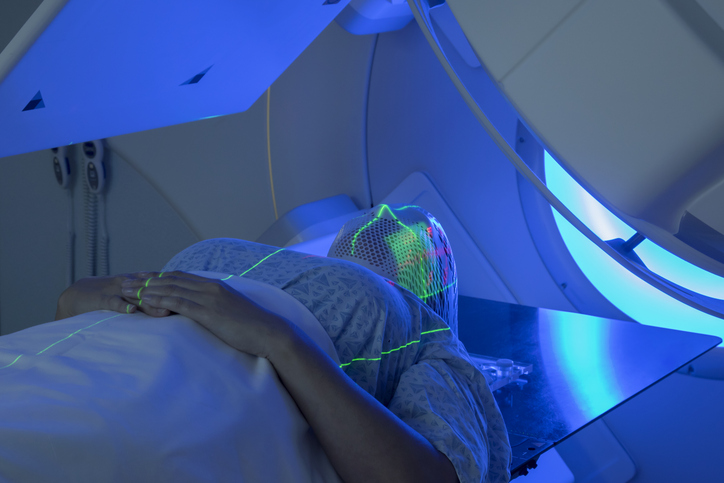
A cancer survivor, paramedic, and soon-to-be ambassador for the Acadiana Chapter of the American Cancer Society was asked to step down from his role after sharing several racially motivated posts on social media, according KLFY News 10.
The news outlet shared screenshots of posts shared by Jamie Bergeron, including a photo of a man wearing a Ku Klux Klan hood in a grocery store; a meme that says, “ALL LIVES SPLATTER”; and others.
Bergeron was reportedly a “Spirit of Hope” honoree and would become an ambassador in August, according to reports. He was a paramedic for three decades before Acadian Ambulance fired him last week, according to The Acadiana Advocate. The Advocate reported that Bergeron was first suspended before the company terminated him.
Bergeron addressed the controversy in a video, in which he acknowledged the post with the KKK-hooded man in a grocery store picture. He said, “Another meme was the grocery store incident in San Diego. They had a guy with a white hood on. It was I guess the COVID situation. I guess that was his choice of a barrier.”
Also in his video Bergeron said he was being “targeted” and that while his posts were insensitive, they were not racist.
The incident attracted the attention of Marja Broussard, president of the Lafayette chapter of the NAACP (National Association for the Advancement of Colored People), who said to KLFY News 10, “How does anyone post a picture of a hooded person in a Klan hood and say, honestly want us to believe, that there was no racist intent?”
The issue surpasses Bergeron and the American Cancer Society, though, according to Broussard, who said he is not “the problem” but “a flashpoint”: “The problem is the systemic racism, the systemic white supremacy that brown and black people have to deal with every single day. That’s the problem.”
American Cancer Society: How Does Cancer Affect Black Patients?
Racial disparities in health care have long been documented, and cancer in black patients is no exception. According to the American Cancer Society, an estimated 202,260 new cases of cancer and 73,030 cancer deaths took place among black Americans. Among all racial and ethnic groups in the United States, black patients have the highest death rate and shortest survival for the majority of cancers.
Some progress is being made, though. “Since 1990, however, the overall cancer death rate has dropped faster in Blacks than whites among both men and women, largely driven by more rapid declines in Blacks for cancers of the lung, colorectum, and prostate. As a result of this progress, the Black-white disparity in cancer mortality has narrowed and more than 462,000 cancer deaths in Blacks were avoided over the past 25 years,” according to the American Cancer Society.







 © 2025 Mashup Media, LLC, a Formedics Property. All Rights Reserved.
© 2025 Mashup Media, LLC, a Formedics Property. All Rights Reserved.